

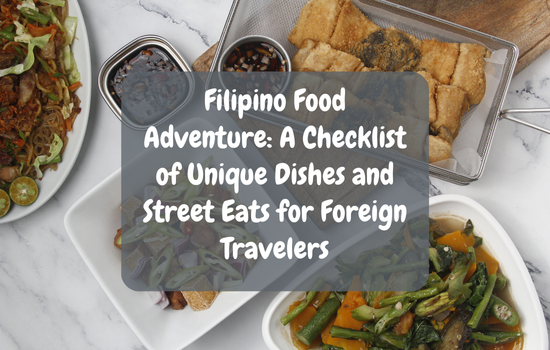
The Philippines is a country best experienced through its food. Beyond its stunning beaches and vibrant festivals lies a culinary world full of bold flavors, unique textures, and centuries of cultural influence from indigenous traditions to Spanish, Chinese, and American touches. Every dish tells a story and offers a glimpse into the history and daily life of the Filipino people.
For foreign travelers, Filipino cuisine is an exciting journey of discovery. From creamy and spicy stews to sweet desserts and crunchy street snacks, this food checklist highlights authentic dishes that are approachable, flavorful, and unforgettable. It is designed to help visitors explore the heart and soul of Filipino food, discovering lesser known treasures that leave a lasting impression on the palate and the senses.
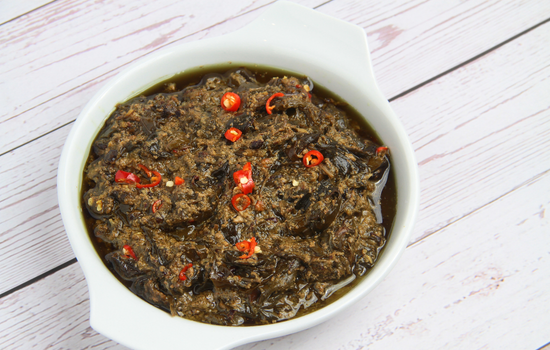
Originating from the Bicol region, laing is made from dried taro leaves slowly simmered in coconut milk, chili, and shrimp paste. The coconut milk softens the bitterness of the taro leaves while the chili adds a gentle kick. For foreigners, it is a great introduction to Filipino spicy food that is rich but approachable. Laing pairs perfectly with steamed rice or grilled fish.
Where to try it: Popular restaurants in Manila such as Kanin Club or local Bicolano eateries like Aling Taleng’s Bicol Express in Quezon City serve authentic laing. Markets in Bicol like the Daraga Public Market are also a good spot for traditional versions.
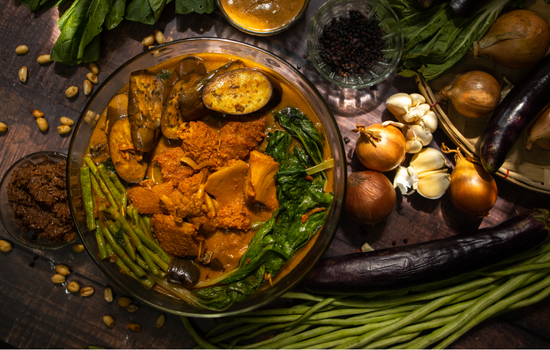
Kare-Kare is a beloved Filipino dish featuring oxtail and vegetables like eggplant, string beans, and banana blossoms, all simmered in a creamy peanut sauce. The dish has a mild, nutty flavor and is often served with bagoong (fermented shrimp paste) on the side to enhance its taste. For foreign travelers, Kare-Kare is approachable due to its rich yet mild flavor profile. It is best enjoyed with steamed rice and is commonly served during special occasions and family gatherings.
Where to try it: Popular Filipino restaurants in Manila such as Max's Restaurant, Manam, and Sentro 1771 offer authentic Kare-Kare. These establishments are known for their traditional Filipino dishes and provide a comfortable dining experience for visitors.
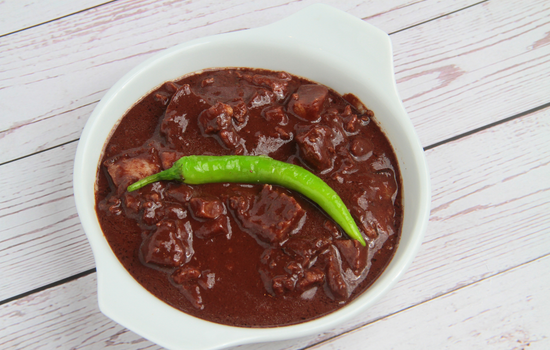
Dinuguan is a traditional pork stew with vinegar, garlic, and pig’s blood, often served with soft steamed rice cakes called puto. Its tangy and earthy flavor is rich and hearty.
Where to try it: Well-known chains like Via Mare serve high-quality dinuguan. For a more local experience, try small eateries in Binondo, Manila, or public markets in Pampanga known for traditional Filipino dishes.
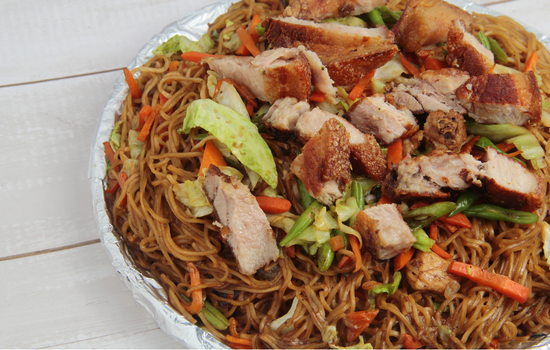
Pancit Malabon features thick noodles coated in a savory seafood sauce topped with shrimp, squid, boiled eggs, and vegetables. It is slightly sweet and savory, making it very approachable.
Where to try it: Visit Malabon itself for the most authentic experience, such as Pancit Malabon Lechon or Karinderya Malabon. In Manila, restaurants like Dencio’s offer well-prepared versions.
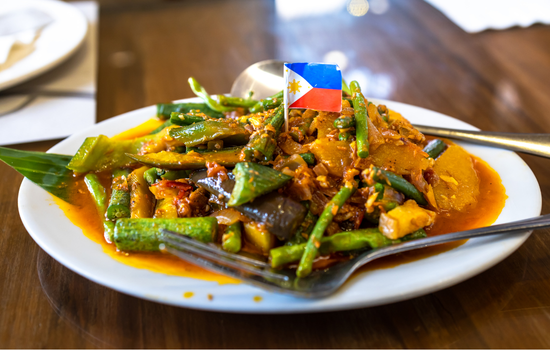
Pinakbet is an Ilocano vegetable stew cooked in shrimp paste. It is light, full of umami, and pairs well with grilled fish or fried pork.
Where to try it: Small provincial restaurants or Filipino-style buffet chains such as RSM Food Court and Barrio Fiesta in Manila provide reliable versions. Local markets in Ilocos also sell freshly cooked pinakbet.
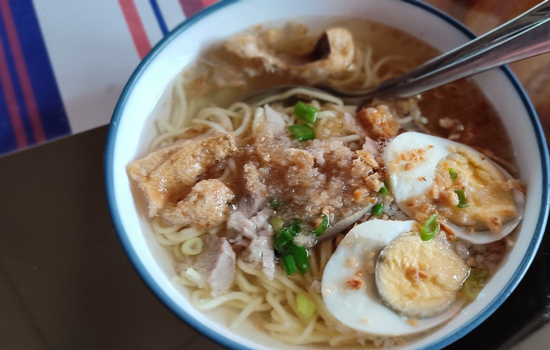
Batchoy is a noodle soup from Iloilo with egg noodles in a savory pork broth, slices of pork, liver, and crispy chicharron.
Where to try it: Iloilo’s famous La Paz Market serves authentic batchoy. In Manila, Tatay’s Batchoy or Iloilo Batchoy House are great options for travelers.
Filipino street food is lively, affordable, and full of character. For foreign travelers, the best way to experience these flavors is through street vendors, who sell fresh and authentic snacks across the cities.
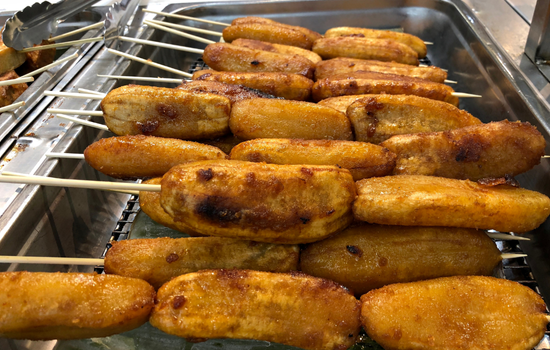
Caramelized bananas fried in brown sugar and skewered on sticks. Sweet, filling, and perfect for an afternoon snack.

Fried spring rolls filled with banana and jackfruit, coated in caramelized sugar. Crispy on the outside and sweet on the inside.
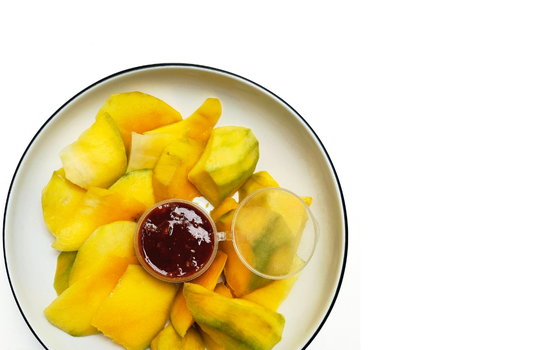
Green mango slices served with fermented shrimp paste. The combination of sour and salty flavors is uniquely Filipino and surprisingly addictive.
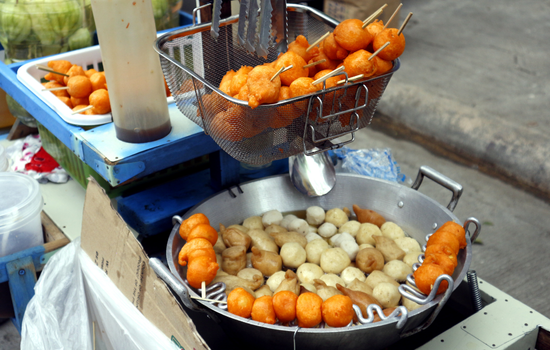
Skewered and fried snacks served with sweet, spicy, or vinegar-based sauces. Perfect for tasting multiple flavors in small bites.
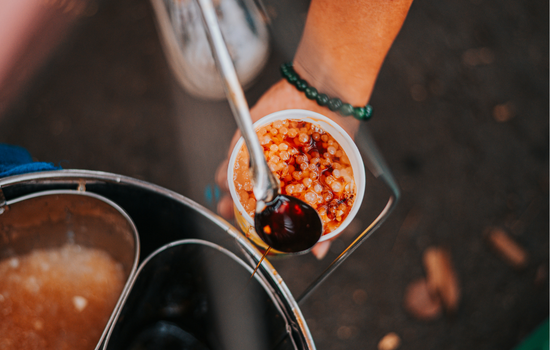
Silken tofu with sweet syrup and sago pearls, sold by morning vendors. Light, sweet, and comforting, ideal for breakfast.
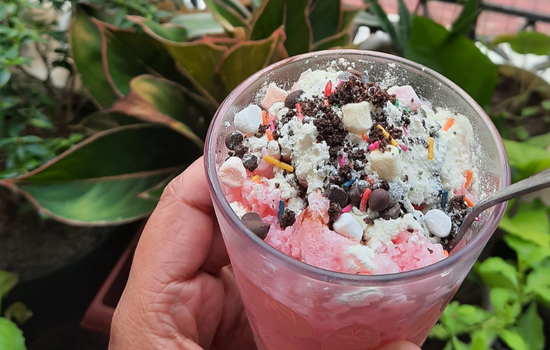
Crushed ice dessert with powdered milk, condensed milk, and chocolate syrup. Refreshing, sweet, and colorful, perfect for the tropical heat.
Copyright © 2024.Company name All rights reserved.